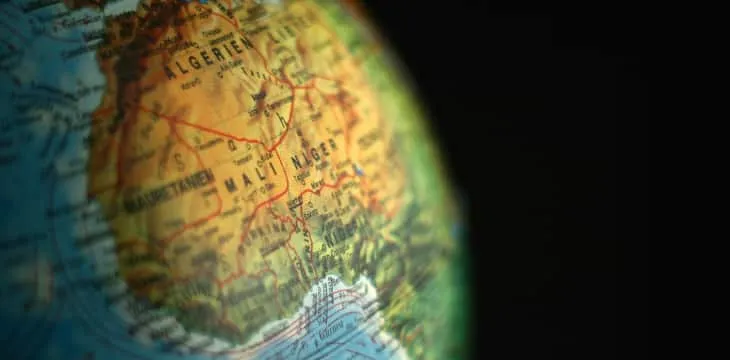|
Getting your Trinity Audio player ready...
|
In a bid to ease interstate trade in the West African region, 15 countries have decided to launch a common currency. The currency will be known as Eco and will be launched in January 2020. The states hope to not only boost trade amongst themselves but to also foster economic stability in the region.
The plan, noble as it is, faces a lot of hurdles. The first is the difference in the economic might of the member nations. Nigeria is by far the largest nation in the region economically. The country, which is the largest African economy, accounts for close to two-thirds of the entire region’s GDP.
According to Samba Sylla, an economist working with the Rosa Luxembourg Foundation in Dakar, Nigeria will demand to be in the driver’s seat. “It is difficult to see Nigeria agree to being in a monetary union if it is not the boss,” he told France 24, adding, “It (the currency) would be launched into a void.”
Andrew Nevin, the chief economist at PwC West Africa concurs. He told the outlet, “(A single currency) seems a little bit premature considering that Nigeria hasn’t even signed up for regional integration in ECOWAS.”
Nevin believes that the countries have veered off from what they should be targeting; free unencumbered trade. He concluded, “To me what’s more important than a possible single currency is that there is an ability to trade between countries in their native currency,” he said.
Other experts have likened the Eco to the euro, saying it will face the same challenges that the currency has faced in Europe over the years.
This and a host of other challenges will give the proposed currency a tough run.
The West African nations have not considered launching the new currency on blockchain technology, a move that would give them several advantages. For one, they don’t trust each other, especially due to their varying economic might. Smaller countries such as Benin will always suspect that the mighty countries such as Nigeria could tip the scales to their favor.
Blockchain could eliminate this challenge. Its distributed nature ensures that there is transparency in every sector. The 15 countries could create a private permissioned blockchain network which only authorized members can access.
The use of blockchain could also bring with it new levels of financial accountability. With the distributed ledger being available to all the members, it will be easy to pinpoint any loophole or antic being used by the dishonest members. West Africa has some of the highest levels of corruption in the continent, with countries such as Guinea Bissau and Nigeria leading in that regard. Turning to blockchain technology could finally stem out the beast of corruption.
However, it’s unlikely that the 15 countries will turn to blockchain technology. As we reported recently, Zimbabwe has been fighting its own currency battles after banning the use of international currencies. And yet again, despite the country being in dire need of a blockchain-based currency, the government has yet to consider the notion.

 06-30-2025
06-30-2025 





